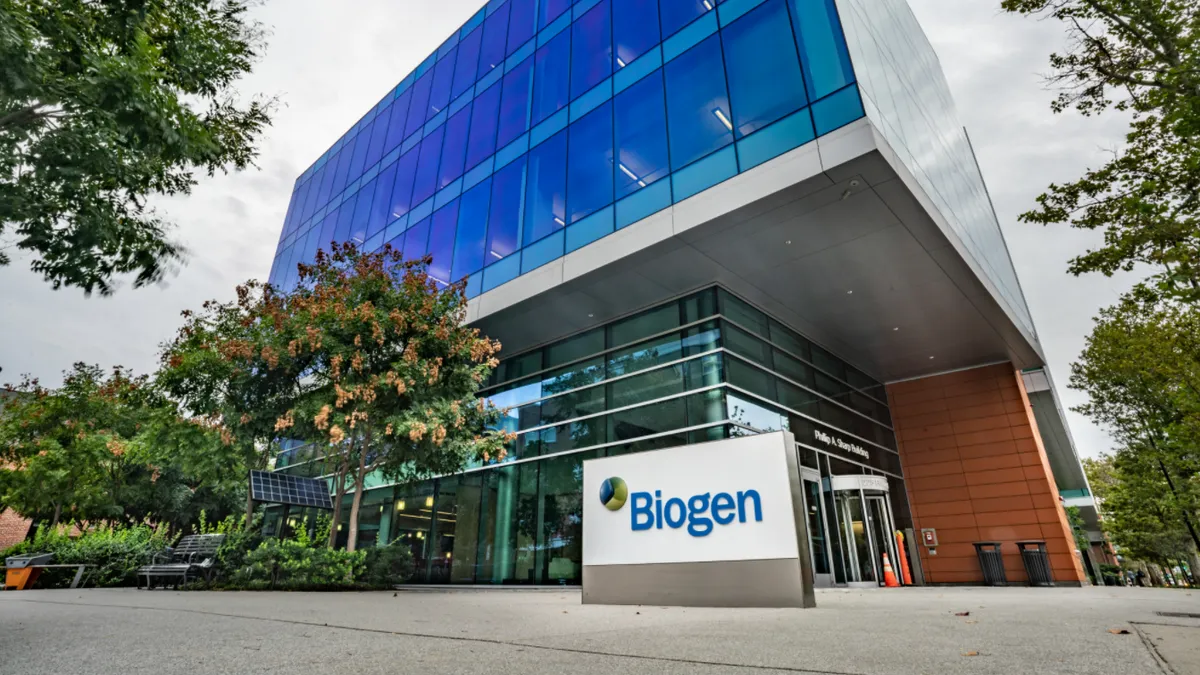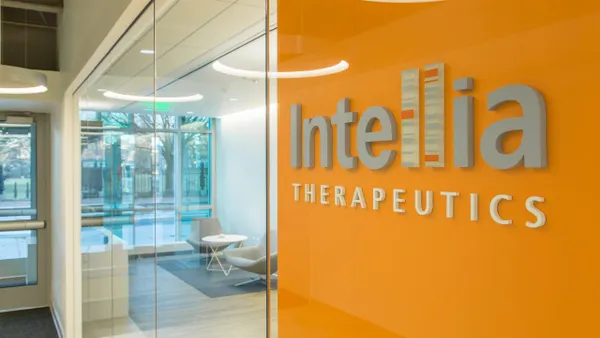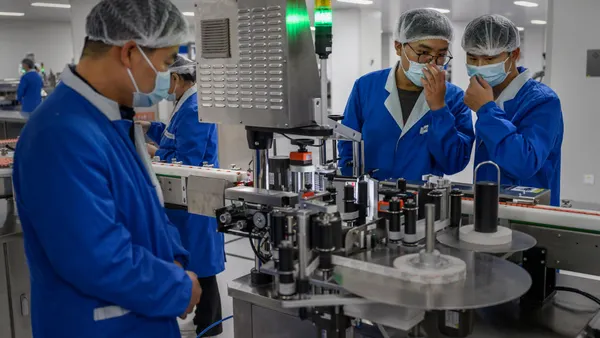In 2020, Biogen wagered more than $1 billion on two experimental drugs developed in the labs of Sage Therapeutics, a fellow Cambridge, Massachusetts-based biotechnology company. Almost four years later, one of those drugs has hit a setback from which it may not recover.
On Wednesday, Biogen and Sage said the drug, known SAGE-324, flunked a mid-stage study that tested it in patients with the most common type of tremor. None of the three tested doses were substantially better than a placebo at changing the severity of the disease after three months of treatment. There also weren’t significant differences in responses across the doses.
Given those results, the companies won’t develop SAGE-324 any further in essential tremor. An ongoing, “open-label” study, in which all participants get the drug, will be discontinued. Biogen and Sage said they are “evaluating next steps, if any, for other potential indications.”
Brian Abrahams, an analyst at the investment firm RBC Capital Markets, wrote in a note to clients that his team had “very low expectations” for the study. And they weren’t alone. William Blair analysts Tim Lugo and Myles Minter wrote in their own note that while the results are disappointing, “we had always viewed the program as higher risk and did not include it in our Sage valuation.”
Those views stem in part from an earlier, smaller trial that, according to Abrahams, showed SAGE-324 having “modest effects at best” in essential tremor. Patients had trouble tolerating it, too, as 38% of the trial’s drug arm ultimately discontinued treatment, versus 5% of the placebo group. Among drug-treated participants, 38% experienced dizziness and 68% experienced sleepiness.
Biogen and Sage said the most common treatment-emergent adverse events in the larger study were sleepiness, dizziness, fatigue, abnormal feeling, headache and balance issues. The majority of those events were mild or moderate in intensity, they said.
While Biogen’s share price held steady Wednesday morning, Sage’s sunk about 20%.
Sage has suffered a series of blows over the past year. On the research side, an experimental medicine dubbed SAGE-718 recently failed as a Parkinson’s disease treatment in a mid-stage trial. Results from a separate study testing SAGE-718 in healthy volunteers and patients with Huntington’s disease produced results in June. Though positive, they didn’t reinvigorate investor optimism. Lugo and Minter called the data “underwhelming.”
On the commercial end, Sage and Biogen are trying to ramp up sales of the other medicine included in that billion-dollar deal from 2020.
The companies had asked the Food and Drug Administration to approve the medicine, now branded as Zurzuvae, as a treatment for both postpartum depression and major depressive disorder. But the agency only cleared Zurzuvae for the former indication — a decision that will severely restrict how widely it’s used and the amount of revenue it generates, since major depression is one of the most common mental disorders.
Lugo and Minter wrote that approval straps Zurzuvae with a “commercially challenging label” and places Sage in a “difficult position.” The analysts argue that the failure in essential tremor now puts extra pressure on the biotech to successfully develop SAGE-718 in Huntington’s and Alzheimer’s disease.
"Stepping back — we’re not sure what to get excited about at the moment," wrote Jefferies analyst Akash Tewari, who has a "Hold" rating on Sage.
Considering the challenges Sage faces, as well as its current cash position, Tewari and his team "can’t help but think external [business development] or some decisive decision from the board [regarding] strategy are warranted at this juncture.”















